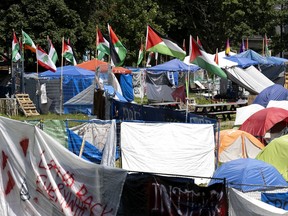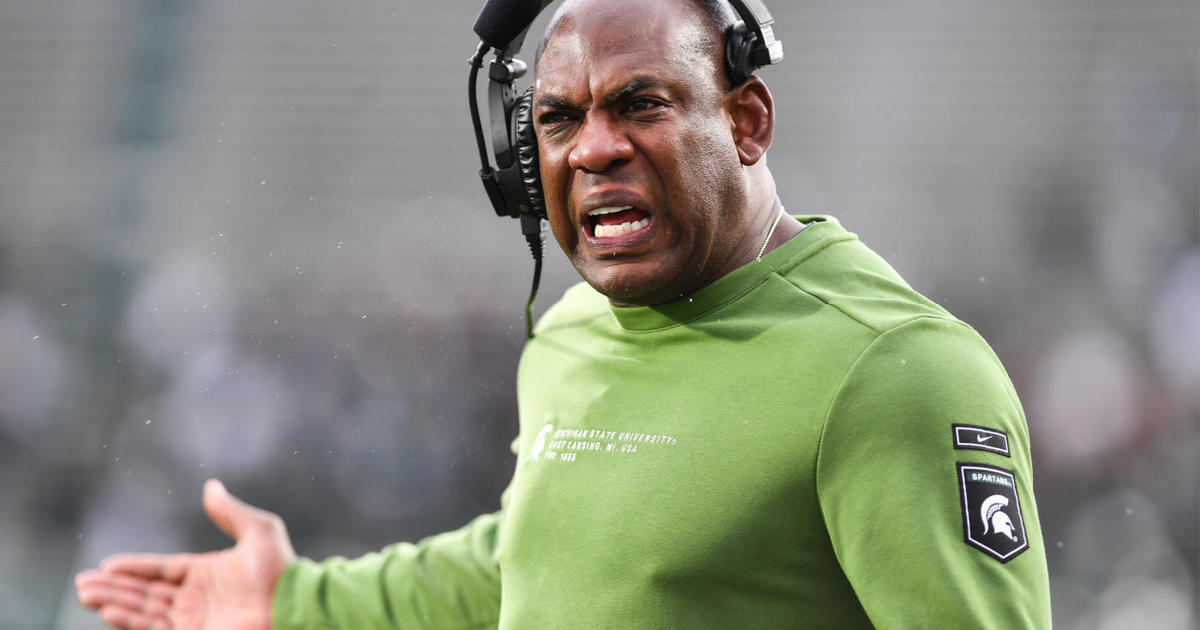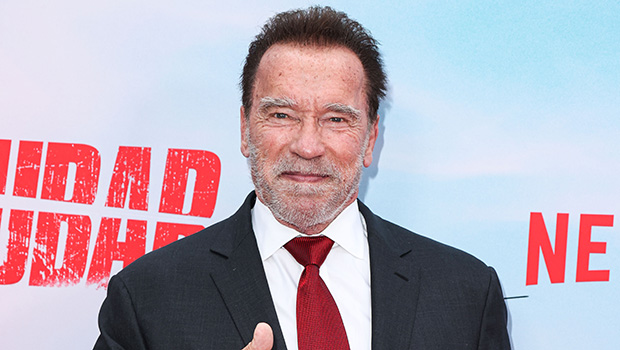[ad_1]
Article content
Fort Calgary is going to be the permanent home of a memorial honouring Indigenous children who attended residential schools.
The mayor and city officials gathered Saturday at the fort’s northeast grounds near the confluence of the Bow and Elbow Rivers to mark the site of the memorial that was conceptualized after the remains of 215 children were found at a former school site near Kamloops, B.C.
Article content
The findings led community members to set up a temporary display outside city hall, where 215 pairs of shoes were placed in rows — each representing one of the Indigenous children who died — alongside stuffed animals, candles and flowers.
After two years of engagement with several community partners, the city signed a letter of intent with Fort Calgary confirming they “will work together in a good way to develop and construct the Memorial on City-owned lands at the confluence of the Bow and Elbow Rivers.”
The site was the top choice among the Indigenous people consulted for the memorial.

The work was largely coordinated by the city’s Indigenous Relations Office, which was created in January 2020 to oversee Calgary’s Indigenous-related projects.
Sherri Kellock, the city’s Indigenous relations consultant who is a member of the Bigstone Cree Nation in northern Alberta, told Postmedia on Thursday that building relationships with the city’s Indigenous residents has been the office’s primary focus for the memorial.
“When it comes to working with the Indigenous community, everything is relationship-based,” Kellock said. “This isn’t a city memorial — this is a co-created memorial with the Indigenous community.”
Article content
“This is an incredibly important day,” Mayor Jyoti Gondek said Saturday.
“It has been a long time coming. I appreciate everyone’s patience as we made sure that we got this memorial right.”
Gondek added the city will now work on the site’s design, and the construction is estimated to begin in 2024.
For now, a marker sits at the northeast corner of the lands near the Fort Calgary community garden. Exact placement of the permanent memorial will be determined in the next phase of its development.
Meanwhile, Fort Calgary, by partnering on the project, is on its own journey to truth and reconciliation, said Jennifer Thompson, president of the organization.
“The fort was only established in that location at the confluence for less than 40 years,” she said.
“But for thousands of years, Indigenous people, certainly the Blackfoot people, lived on that land and called it home.”
The fort has acknowledged the North West Mounted Police in the early 20th Century were involved in catching Indigenous students fleeing the schools and putting them back into the same institutions, 20 times in 1903 and thrice in 1914, said Thompson.
“I think (the memorial) is really important for the education of the history and the unfolding of our of colonization,” she added.
“Talking about the truth and acknowledging what happened, and really us owning that as settlers who access and live in the area will help us all heal together and go on that path towards reconciliation.”
Share this article in your social network
[ad_2]
Source link




















